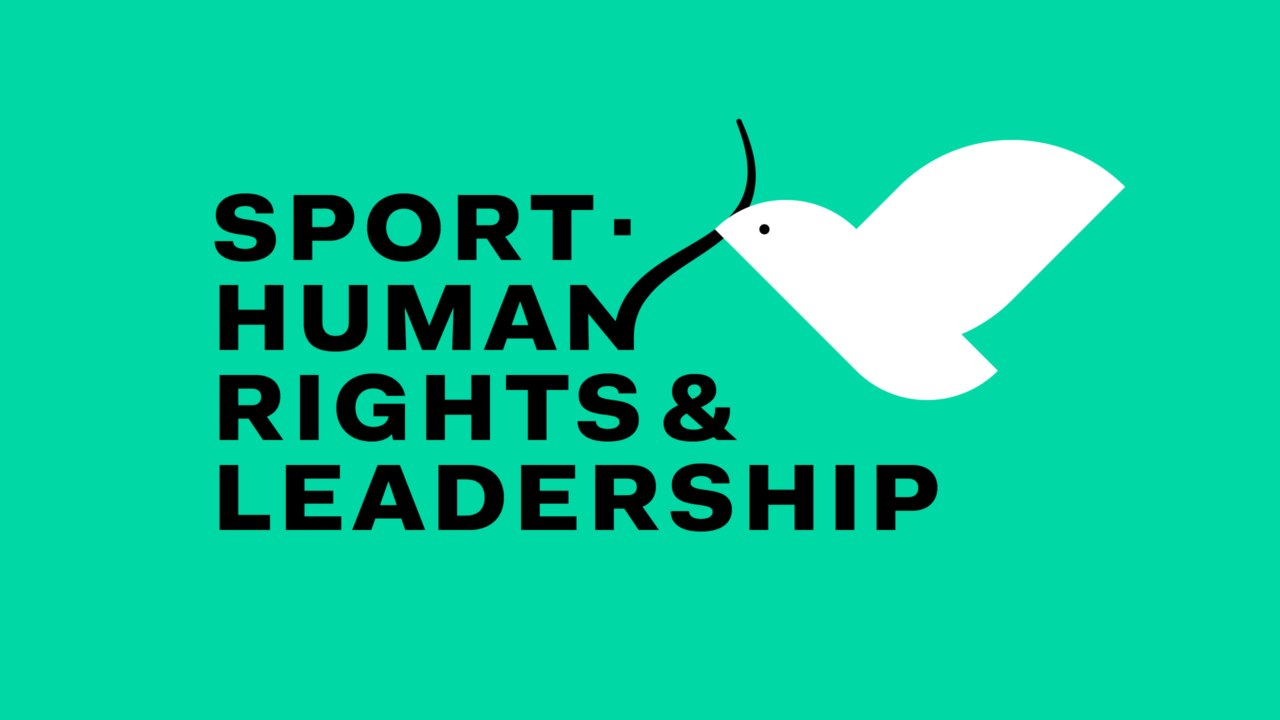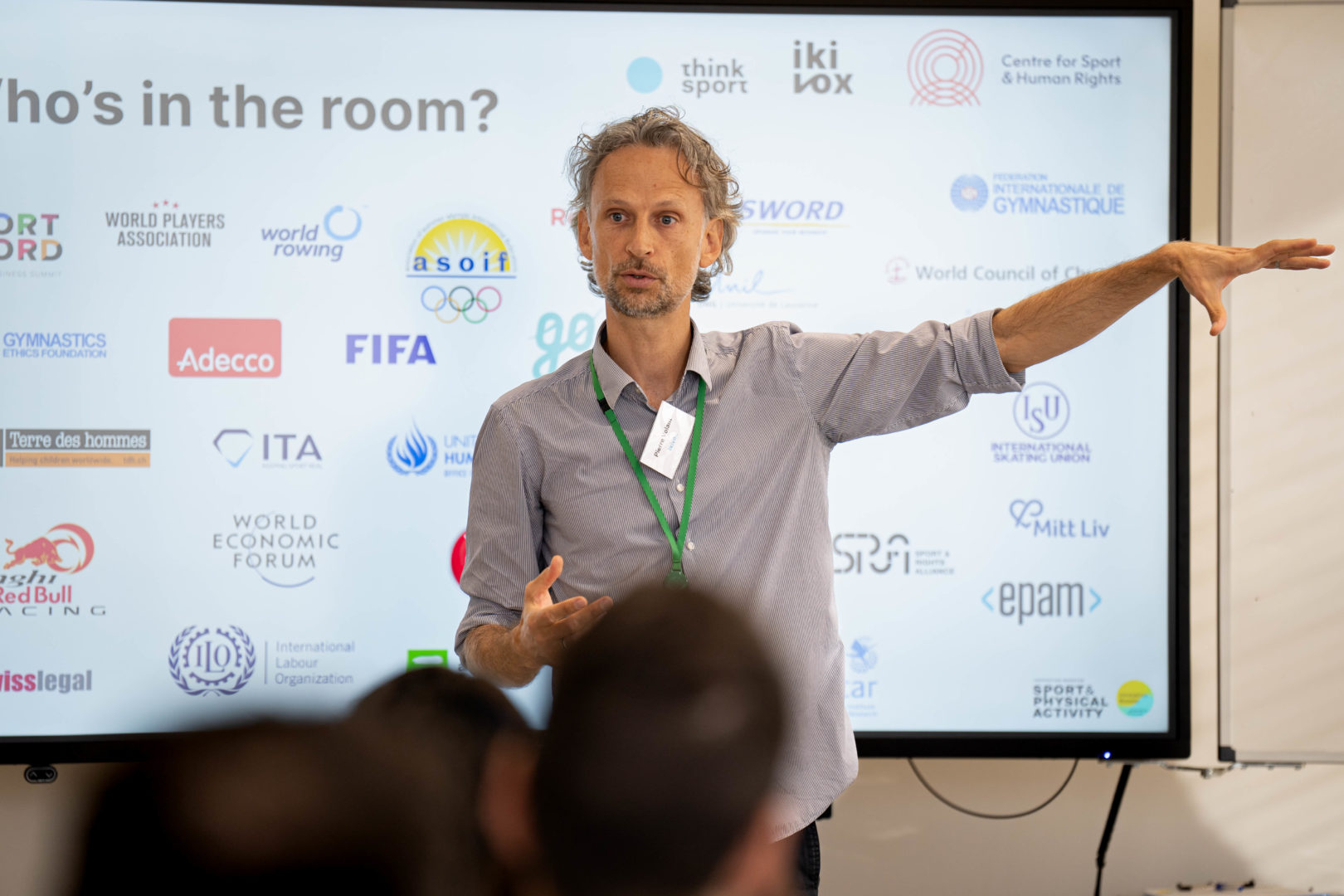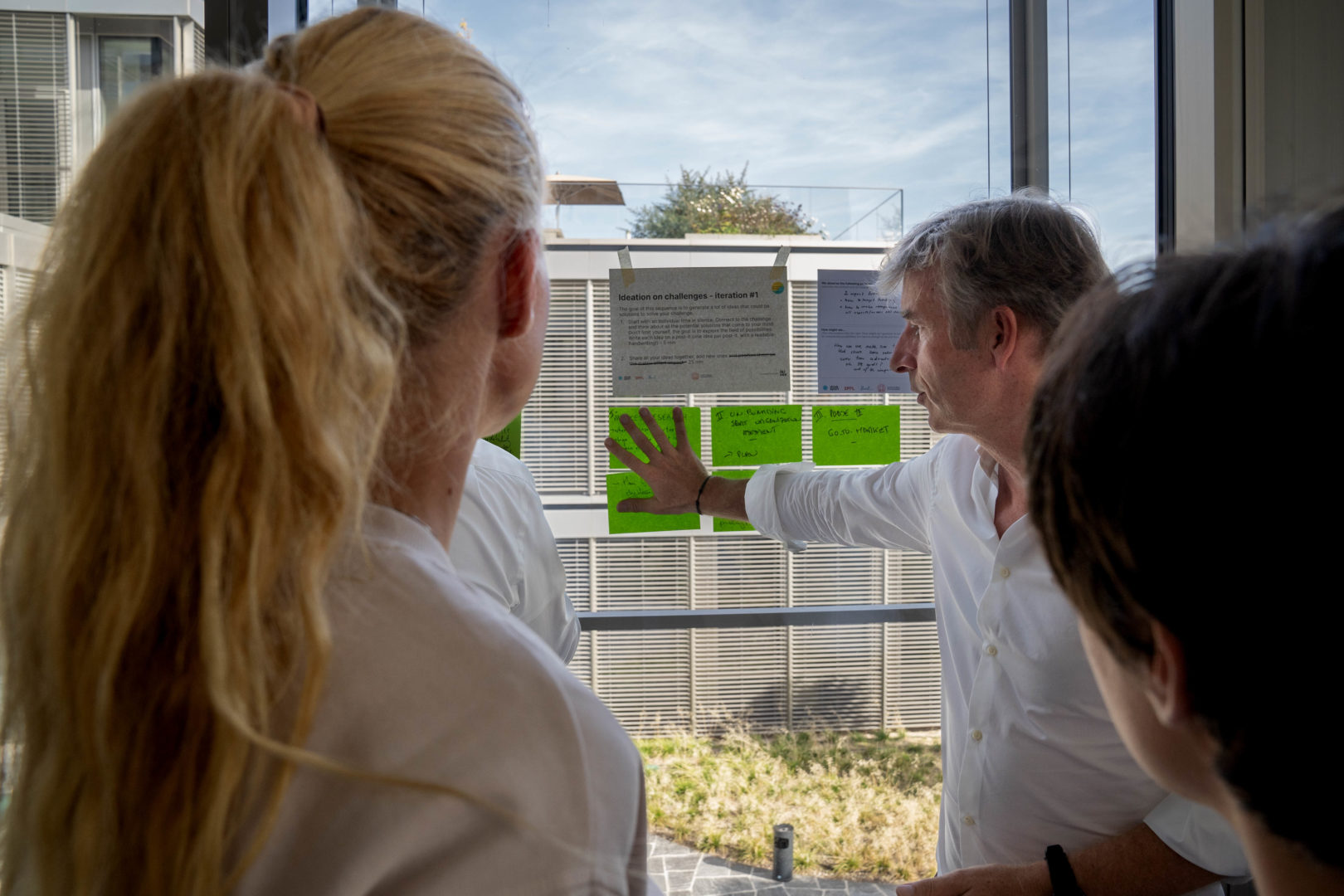Context
Global sport has come under the spotlight in recent years over sexual abuse scandals, allegations of corruption, alleged mistreatment of stadium construction workers, concerns over the protection of athletes’ mental health, and pressures to respond to racist, homophobic and transphobic abuse.
The above mentioned abuses constitute violations of people’s fundamental human rights, inherent to all human beings. These rights include the right to life and liberty, freedom of opinion and expression, the right to work and education, and many more. Everyone is entitled to these rights, without discrimination.
With increasing momentum, many individuals and organisations in and across the global sports ecosystem are calling for change to address such harms and for sport to uphold a social licence to operate based on human rights in governing and managing day-to-day sport and/or hosting sport events. Important steps have been taken by actors in sport to embed international rights standards such as the United Nations Guiding Principles on Business and Human Rights and to undertake due diligence processes, which require them – among other steps – to meaningfully engage with all actors and then follow up with continuing assessments and track progress to communicate about their journey.
To effectively move from commitments to implementation, it is important for the world of sport to reflect on models and practices that are too often based on hierarchical structures reflecting power differentials that can exacerbate risks to athletes and others. The culture of sport and the work of sport leaders has been under significant scrutiny on matters related to a culture of control, tolerance of harmful and unethical behaviours, inadequate governance systems and mechanisms at all levels that can prevent sport from fulfilling its mission of promoting a peaceful society concerned with the preservation of human dignity.
A new generation of sports leaders committed to sustainability is in need of support to change practices, to implement risk management systems throughout their organisation and to work towards providing access to effective remedies for all stakeholders.




